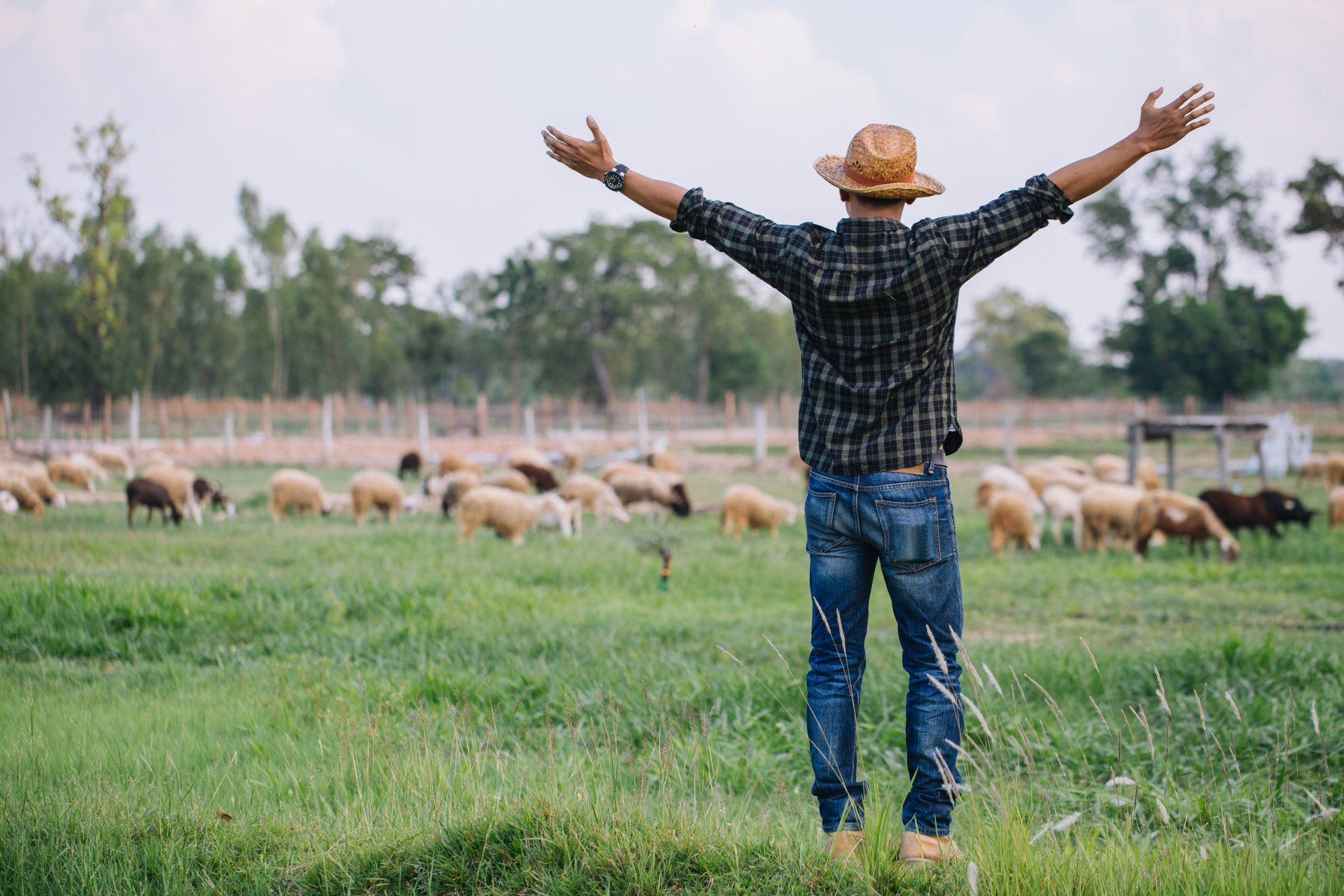1MG FlippingBooks
Farmers hit by city slickers moving to regional areas
Research has shown that Australian farmers are being affected by a new influx of rural residents that have a limited experience of agriculture.
People are moving out from the city to the country for the lifestyle benefits on offer, and often pair this with owning a small holding or hobby farm.
The new wave of residents may not understand the importance of managing invasive species, or leave their land for long periods, causing an impact on neighbouring properties and sparking conflict, explains Dr. Hedda Askland from the University of Newcastle.
Her team has been examining the Northern Rivers and Central West regions of NSW to understand land use practices and better ensure land productivity.
“The rising cost of land influenced by those seeking a lifestyle change and the need to support on-farm incomes with other off-farm work or investments are also concerning our farmers, at times deterring the next generation from wanting to carry on the caretaking or locking them out of the market,” Dr. Askland explains.
As drought concerns farmers across the country, new research has shown Australian farmers are facing other unexpected challenges as regional Australia continues to evolve and more people from cities escape to a life in the country.
Concerns around neighbour relations, biosecurity and maximising land use are some of the issues regional land owners in New South Wales are having to navigate as they adapt to a changing agricultural environment that also caters for increasing rural living.
“The makeup of regional Australia is rapidly shifting, with an ageing population and an influx of new rural residents who often have limited experience of agriculture,” says Askland.
Despite the emerging challenges, Dr Askland added that many farmers had embraced alternate options to generate more financial security.
“What was obvious from the interviews we conducted was that our farmers continue to be incredibly resilient and are optimistic about new ways of working,” she said.
“Many we spoke to were exploring ways to subsidise their income through related activities, including value-adding to their primary products and using their land for alternative income ventures such as farm stays.
“Some of the small-scale landholders we spoke to, particularly in Tweed, expressed a desire to turn the challenge of urban pressures to their advantage by linking their activities with the tourism industry in the region.
“This is an attractive and increasingly popular trend, especially for the landholders who may feel attached to the land but are concerned about the limitations in farm income due in part to the size of their landholdings. This also raised concerns about increasing settlement and activity in rural areas impacting on agricultural productivity and creating conflict.
The team’s work, funded by the Department of Primary Industries (DPI), will help DPI better understand the challenges for rural landowners and improve resources available for people seeking assistance.
“To ensure the viability of agriculture, as well as the resilience of rural communities, it is vital we understand the dynamics of the changing economic and social landscapes of the New South Wales countryside particularly as more people move to live in these landscapes,” Dr Askland said.
“It’s clear that there is a need for greater communication and collaboration among landowners. This could really help small landholders lift productivity, improve market access and better relate to their neighbours.
“We need people who have been on the land for a long time to talk to their less experienced farming neighbours and together learn how to make a life in the country a success.”

















